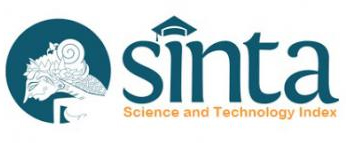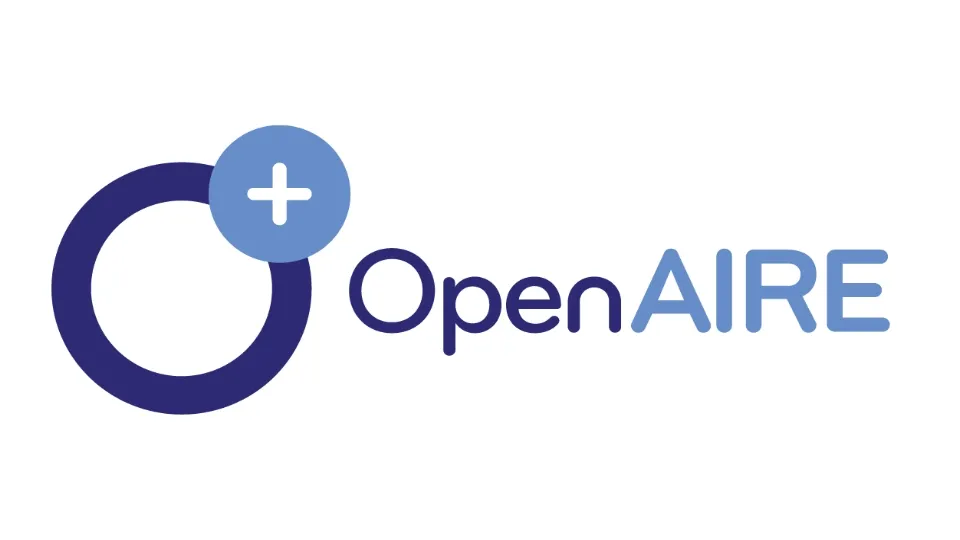Optimalisasi Layanan Perpustakaan Dalam Meningkatkan Minat Baca Siswa
DOI:
https://doi.org/10.21154/pustakaloka.v3i1.639Keywords:
interest in reading, Library ServiceAbstract
The key to use a knowledge treasury on library,especiallyschool library, is reading. And the process of reading a literature will
be maximal if it is done by interest in reading. In addition to having
main duty, such as information, circulation and reference service,
school library has a role to increase interest in reading of students.
A lot of services of library to increase student’s interest in reading
are thosewhich become part of learning process, services to increase
student’s skill to explore information, and services to increasea
library use. So, the library has many opportunites to increase
student’s interest in reading. The main point in increasing student’s
interest in reading is a model from many parts, especially librarian.
Those process will form a paradigm thereading is the main matterin
learning process.This essay will explore library’s role to increase
student’s interest in reading.
Downloads
Issue
Section
License
Requirements to be met by the author as follows:
- Author storing copyright and grant the journal right of first publication manuscripts simultaneously with licensed under the Creative Commons Attribution License that allows others to share the work with a statement of the work's authorship and initial publication in this journal.
Authors can enter into the preparation of additional contractual separately for non-exclusive distribution of a rich version of the journal issue (eg: post it to an institutional repository or publish it in a book), with the recognition of initial publication in this journal.
Authors are allowed and encouraged to post their work online (eg, in institutional repositories or on their website) prior to and during the submission process, because it can lead to productive exchanges, as well as citations earlier and more severe than published works. (see The Effect of Open Access).















